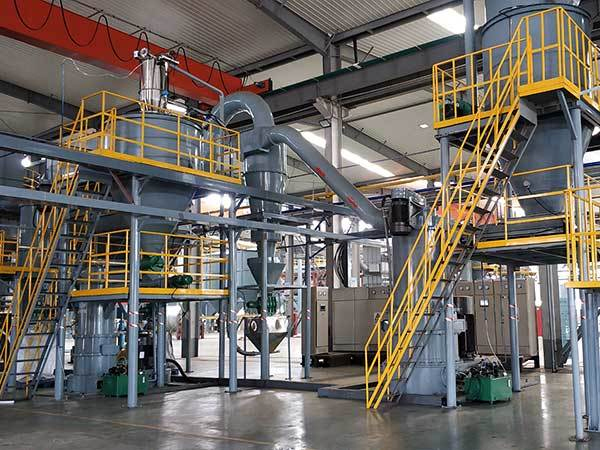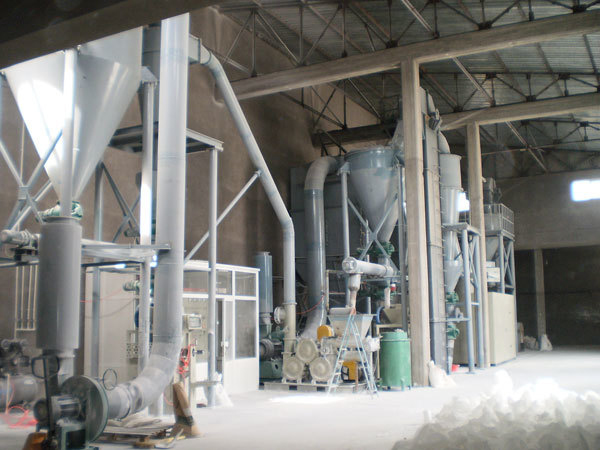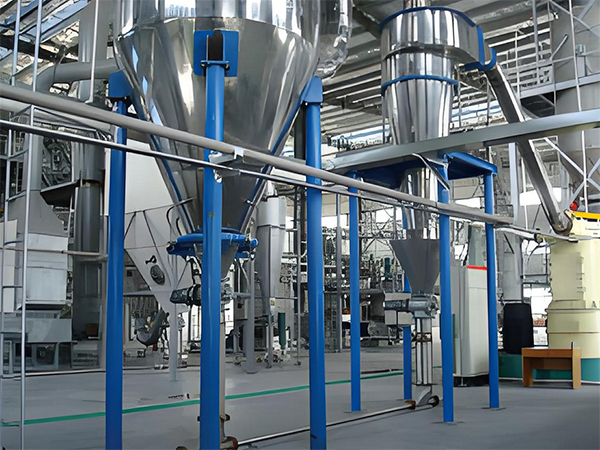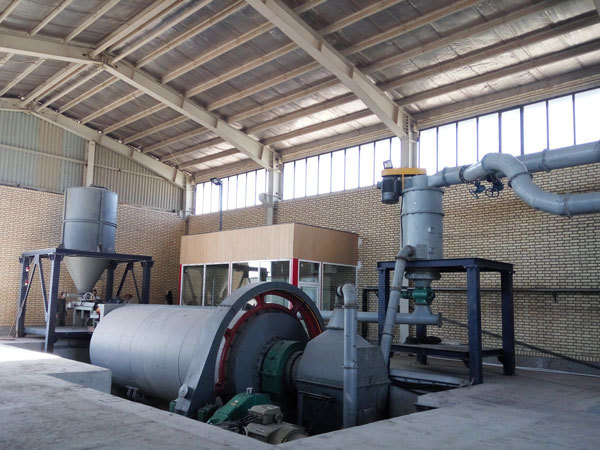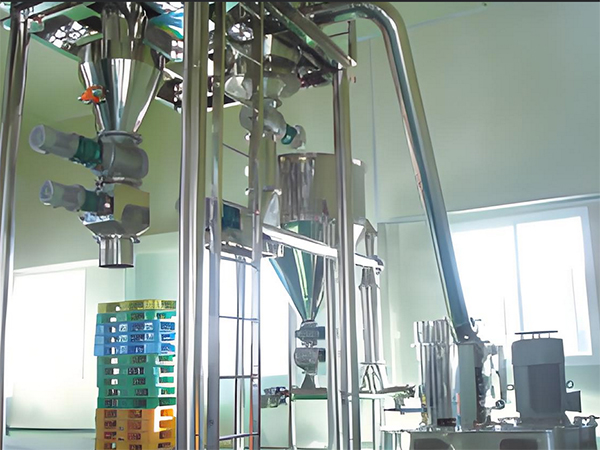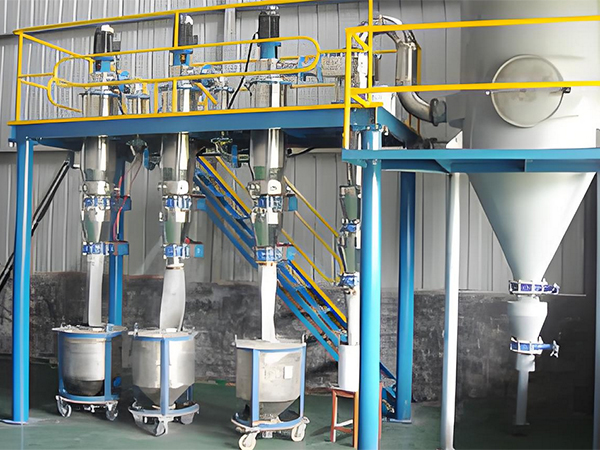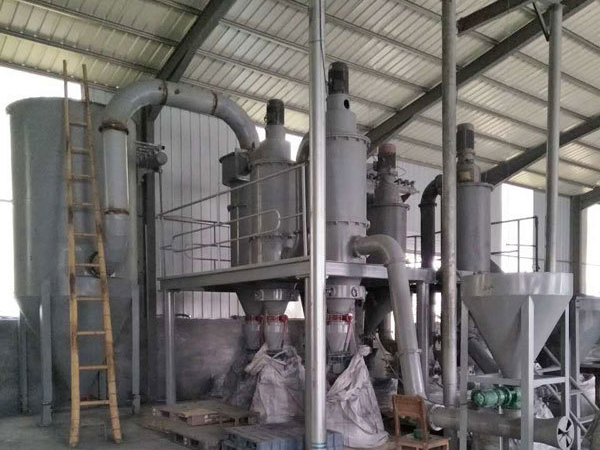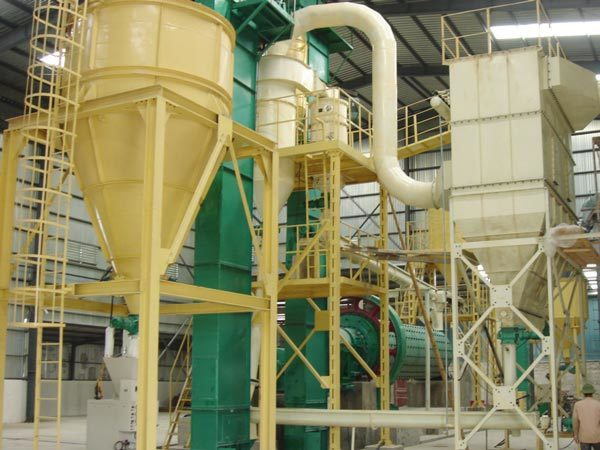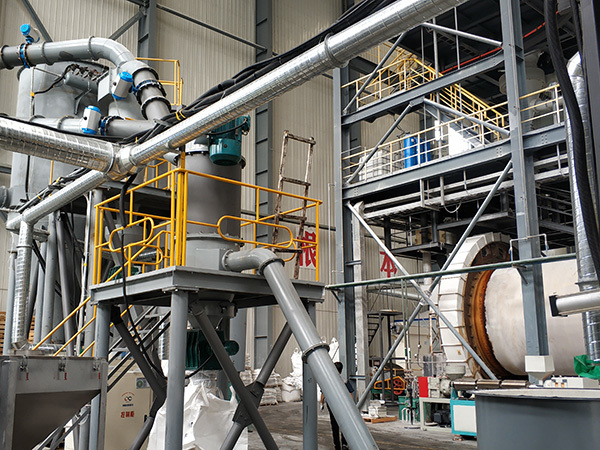-
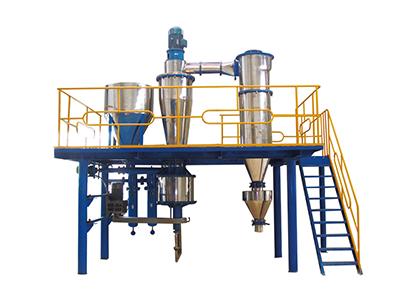
- LHC Cyclonic Jet Mill
This advanced jet mill overcomes the typical issues of high energy consumption and low output found in traditional jet milling systems, offering a more efficient solution for various industries.
-
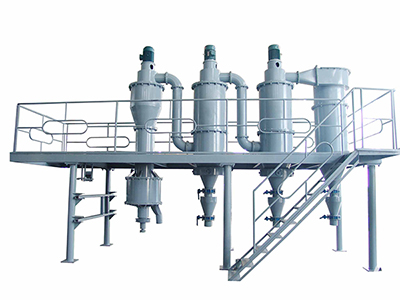
- LHA Cyclonic Jet Mill and Classifier
Jet milling and classification are important in producing materials with a controlled particle size distribution. This milling and classifying system offers an ideal solution for creating powders with a narrow size range, making it a preferred choice in industries such as abrasives, battery materials, superhard materials, photoluminescent and reflective substances, pharmaceuticals, pigments, metal oxides, and new chemical materials.
-
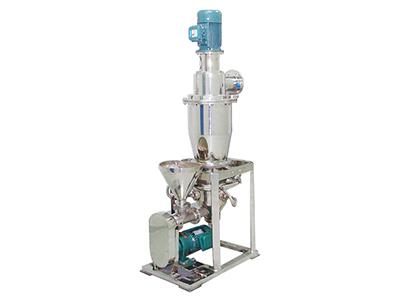
- LHL Fluidized Bed Jet Mill
The fluidized bed jet mill combines fluidized bed jet milling technology with self-diffusing classification, offering a modern approach to ultrafine powder processing. Compared to traditional fluidized bed jet mills, it stands out for its lower energy consumption, finer product output, and enhanced reliability.
-
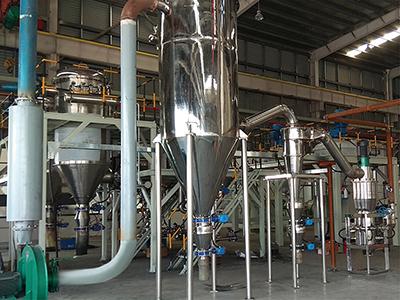
- HE High Efficiency Jet Mill
HE high efficiency jet mill uses the airflow pulverization technology developed by our company. This jet mill is especially suitable for ultra-fine pulverization of high hardness and high purity materials. Its output is 3-4 times higher than traditional jet grinding, but its energy consumptionis only 20-30% of the traditional equipment.
-
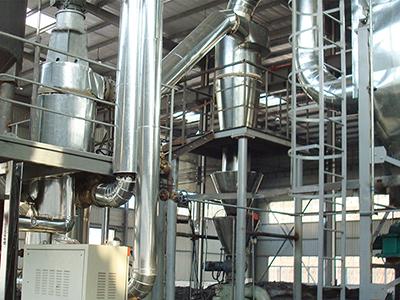
- HS Steam Jet Mill
The HS Steam Jet Mill uses superheated steam as the medium and supersonic nozzles to accelerate the steam into a super high speed air stream, then the material is crushed under high speed motion and collision.
- Higher production capacity with same energy consumption comparing with traditional air jet mills.
- Our air classifier mills are equipped with self-diffluent classification system and are suitable for milling materials with narrow particle size distribution.
- The classification impellers of our air pulverizers have longer service lives (5-8 times longer) comparing with normal horizontal and vertical type impellers.
- Our powder grinding machines are not only suitable for producing ultra-fine particles, but also applicable for particle shaping and particle separating.
- Closed type crashing for inflammable, explosive and easily oxidized substances is also available in our grinding mills; and during closed crashing process, inert gas is adopted as the medium and can be recycled used to reduce production cost.
- Low temperature and medium-free milling for most materials; and our jet grinding mill is especially suitable for superfine comminution of low-melting-point and thermosensitive materials.
- The milling chamber, designed with compact structure and polished walls, is easy to clean, so there are no remain materials in.
- The whole milling process conforms to GMP standard.
- Environmentally friendly: no dust pollution for negative pressure production environment.
- Easy operation for LHC cyclonic jet mills for its auto operation and reliable performance.
- Material fluidizing: After cooling, filtering and drying, compressed air will be injected into milling chamber in supersonic speed through specific nozzles; thus the materials can be fluidized for the high speed jet stream.
- Milling: In the milling chamber, the fluidized and accelerated materials will converge at the meeting point where several jet streams met with each other; thus those materials will collide with each other and finally result in ultra-fine particles.
- Classification: And then produced ultra-fine particles, under the effect of upward airflow in milling chamber, will be conveyed to the impeller classification-section; and then the relatively coarse and fine particles will be separated from each other by the centrifugal force of impellers and the draught force of blowers. The relative coarse particles will naturally return to milling chamber for gravity; and the qualified fine particles will be connected by cyclone collectors equipped in our cyclonic jet mills.
Note: To better protect our environment and make full use of materials, produced supper-fine particles will be connected by bag collectors and filtered air will be discharged by draft fans.
Our team will work with you to find the right solution for your production needs.
- E-mail: wfzy1998@gmail.com
- WhatsApp: +86-13465660184
ShanShan, a company in Inner Mongolia, after carefully evaluating various options, chose our shaping machines for their battery materials production. With over 20 machines running smoothly for more than three years ...
In Uzbekistan, a local company sought to capitalize on its abundant calcite resources to develop a high-grade calcium carbonate project. However, the outdated milling equipment in use could not meet the technical requirements for product quality.
A renowned flame retardant company in Yixing, specializing in ultra-fine magnesium hydroxide, initially used a domestic jet mill but faced challenges with low production capacity and high energy consumption while producing a particle size of D50=2-4μm.
A company in Iran, focused on producing ultra-fine zircon sand and zirconium silicate powder, evaluated different suppliers in China and abroad. After conducting a thorough 1:1 industrial trial at Zhengyuan, they opted for the LHM ultra-fine ball mill classification line.
As the global demand for ultra-fine food powders continues to grow, South Korean manufacturers are seeking ways to enhance product quality while minimizing energy costs. One major food company conducted trials across multiple countries to find the right solution.
The metal powder industry in Hunan is expanding rapidly, driven by increasing demand for high-performance materials. A prominent local metal powder company recently purchased five air classification units from us to enhance their production capacity.
This silicon carbide factory in Shandong primarily produces F230-F800 grade products. They initially struggled with outdated classification equipment, which had low precision and high energy consumption.
A steel manufacturer in Shandong uses blast furnace slag from their ironmaking process to produce building materials like cement and concrete. Back in 2007, they visited Zhengyuan to explore ultra-fine grinding solutions and decided to purchase an LHM ultra-fine ball mill classification line.

